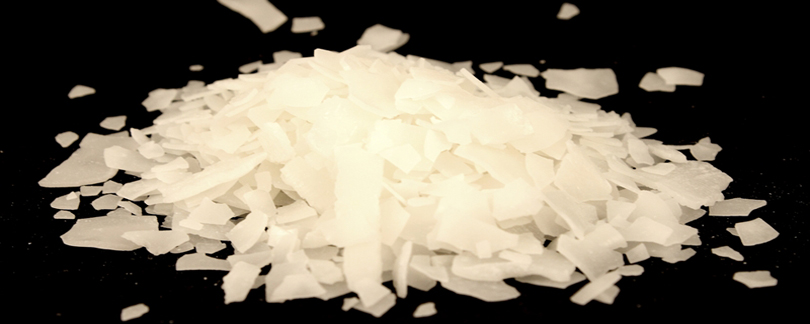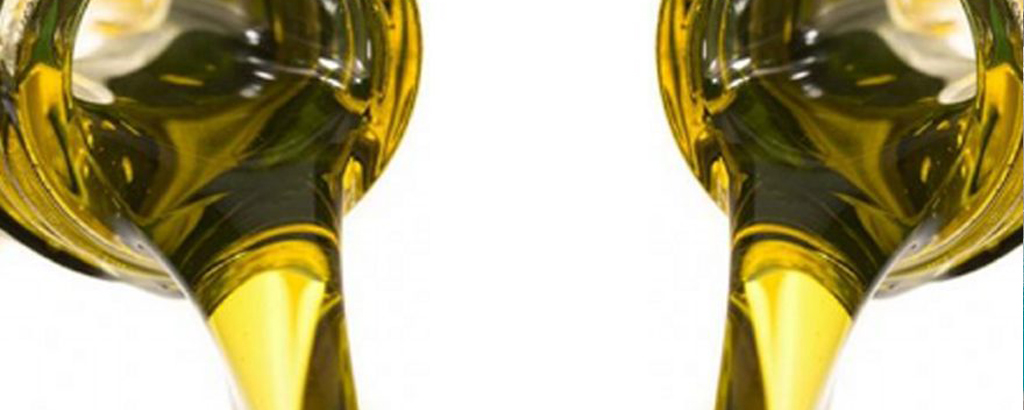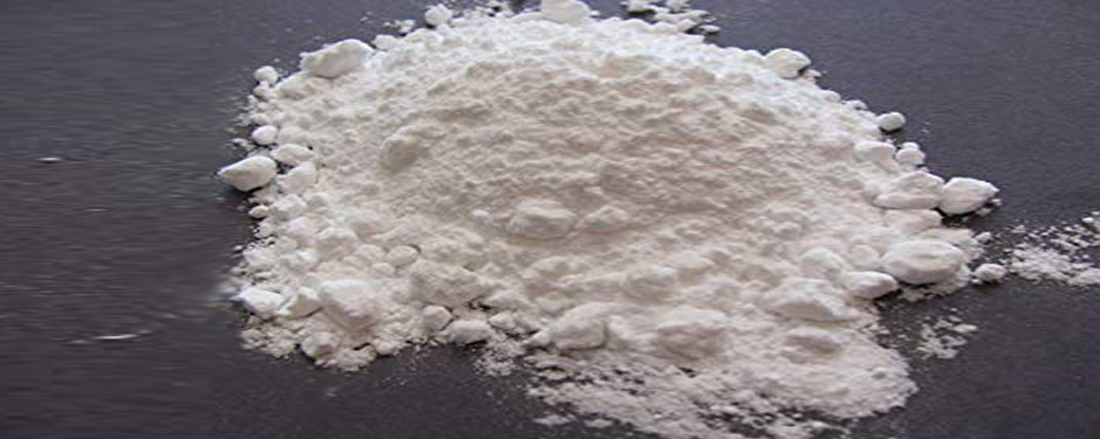TRICHLOROACETIC ACID AR
It is widely used in biochemistry for the precipitation of macromolecules, such as proteins, DNA, and RNA. TCA and DCA are both used in cosmetic treatments (such as chemical peels and tattoo removal) and as topical medication for chemoablation of warts, including genital warts.
Trichloroacetic acid is a monocarboxylic acid that is acetic acid in which all three methyl hydrogens are substituted by chlorine. It has a role as a metabolite, a carcinogenic agent and a mouse metabolite. It is a monocarboxylic acid and an organochlorine compound. It derives from an acetic acid
- Trichloroacetic acid has been used for the precipitation of sLRP (soluble circulating low density lipoprotein receptor-related protein-1) isolated from plasma.
- It has been used for the extraction of ascorbic acid from plant samples. It has also been used for the preparation of ascorbate standards for ascorbate assay.
- It has been used for the precipitation of IMAC (immobilized metal ion affinity chromatography)-isolated phosphoproteins.
- Traditionally used to precipitate protein. Has been used to determine protein concentration by quantitative precipitation. Used as decalcifier and fixative in microscopy.









